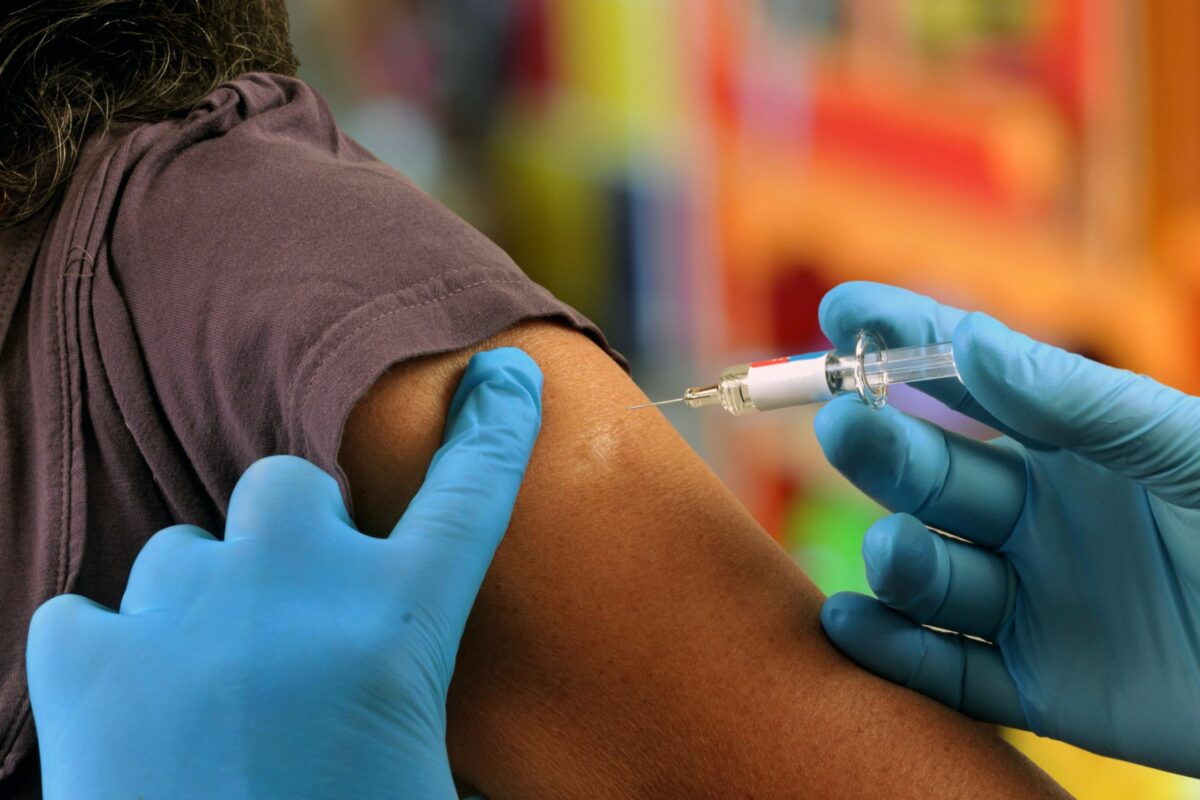How We Can Work Together to Fight Alcoholism

April is Alcohol Awareness Month. In “How We Can Work Together to Fight Alcoholism,” published online in Psychology Today, Dr. Anton C. Bizzell urges all Americans to fight the deadly epidemic of alcohol use and abuse among both adults and adolescents. He notes that one in 12 adults abuse or are dependent on alcohol and that 885,000 young people ages 12-17 have alcohol use disorder. Alcohol sales soared during the pandemic, Dr. Bizzell points out, and online happy hours may have played a role. He suggests companies host a virtual dessert party or scavenger hunt instead. Parents can set a good example for their children and can avail themselves of resources at www.StopAlcoholAbuse.gov. The long-term health risks of heavy drinking include brain and liver damage, heart disease, malnutrition, and mental health disorders, Dr. Bizzell notes.
Read more: Psychology Today




